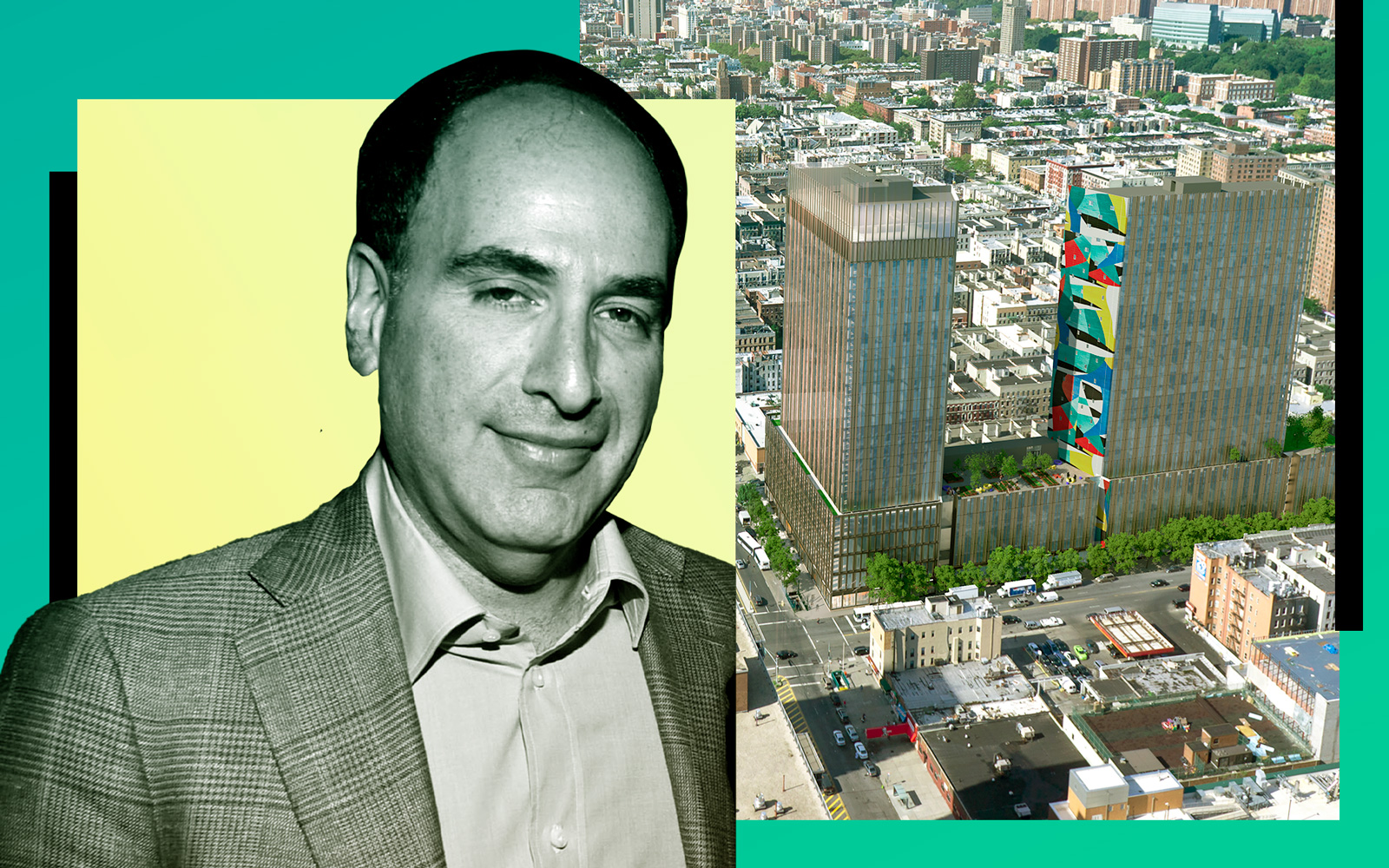When New York lawmakers started talking about helping developers convert more office buildings into apartments, there was reason for optimism.
Not only was demand strong for housing and weak for office, but the state had succeeded before in crafting tax breaks to boost conversions. But that was in Lower Manhattan, where buildings are relatively thin, and it was before New York politics turned against real estate.
Recent history suggests that the state’s effort to promote more widespread conversion of office to housing will fail.
Considering how state lawmakers’ attempt to turn pandemic-ravaged hotels into housing turned out, the likelihood of their crafting effective real estate policy is about the same as that of Donald Trump and Alvin Bragg golfing together this weekend.
If you’ve forgotten the hotel law, it’s probably because not a single developer has used it. That was predictable, given its mandates, including that a lot of the new apartments go to homeless people, and the paltry amount of subsidy ($100 million) allocated by the state.
A hundred million dollars sounds nice in a press release, but converting even one decent-sized Manhattan hotel to apartments would cost more. Spreading that money across the city wouldn’t make a spit of difference.
The state’s incentive was never going to trigger any hotel conversions, and the point became moot when tourism returned and the hospitality industry rebounded long before any projects could be planned, financed and executed.
Office leasing isn’t going to bounce back that fast, if at all, so passing an effective conversion bill is important. The issues that doomed the hotel bill, however, threaten the office bill as well.
Start with the economics. The political dynamic in New York now demands that any subsidy for real estate yield a lot of deeply affordable housing, which costs developers money because it generates little rent.
The days of tax breaks for 80/20 projects (80 percent market-rate, 20 percent affordable), with the affordable units reserved for tenants making 50 percent of area median income, are over. Their death can be traced back to protests like this one in 2015, at Hudson Companies’ 254-unit project at 626 Flatbush Avenue.
“We’re proud to have built one of the first 80-20s south of Prospect Park,” a Hudson executive said at the time. But opponents called these developments sources of shame, and eventually persuaded lawmakers of that. Now, getting political approval requires that at least 25 percent of units be affordable to minimum-wage earners, or 45 percent to people making a little more.
That only pencils out in places where market-rate units command high rents. Contrary to popular belief, the city does not have an unlimited number of prospective tenants willing to pay $6,000 a month for a two-bedroom, and certainly not in East Flatbush or Mott Haven or even St. George. Lenders don’t finance projects with unrealistic expectations, and projects without loans don’t get built.
Conversions of office buildings, especially those with wide floor plates, are hugely expensive, in part because of code’s requirements, such as having a window in every bedroom. One major office landlord in the city just went through its entire portfolio and said it found not one building suitable for conversion to residential, given the cost and expected rents — and that’s without the affordability that politicians now demand for a rezoning or subsidy.
Most office landlords have reached similar conclusions. That’s why RXR’s Scott Rechler is urging lawmakers not to demand low-income units and union labor in office conversions: They add expense to projects that are already prohibitively expensive.
Projects that don’t happen don’t create any affordable units. Better to craft a bill that adds apartments, even if they are pricey, because their tenants would otherwise bid up existing housing.
Progressives are not thinking that way. Instead, they are asking why the state should subsidize conversions that benefit owners of underperforming office buildings. The answer is: to create housing that otherwise won’t happen.
Read more



But that point is lost on socialists, who threaten to run challengers against legislators who don’t toe their un-toe-able line.
To be sure, politics has always been an important element of real estate policy. Elected officials’ No. 1 goal is winning their next election, and they make all of their decisions in that context. But it used to be easier to enact laws that passed political muster and also worked.
